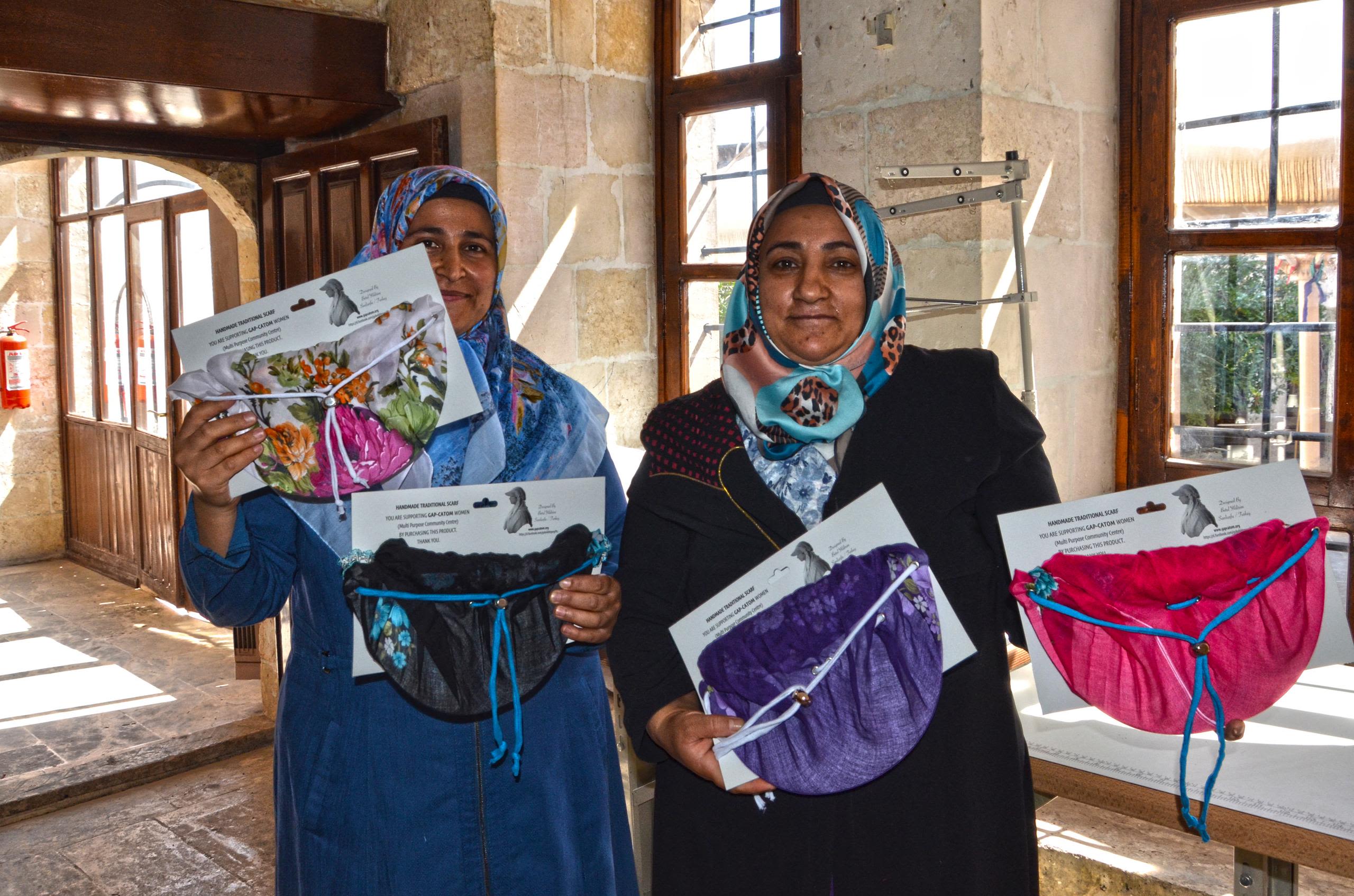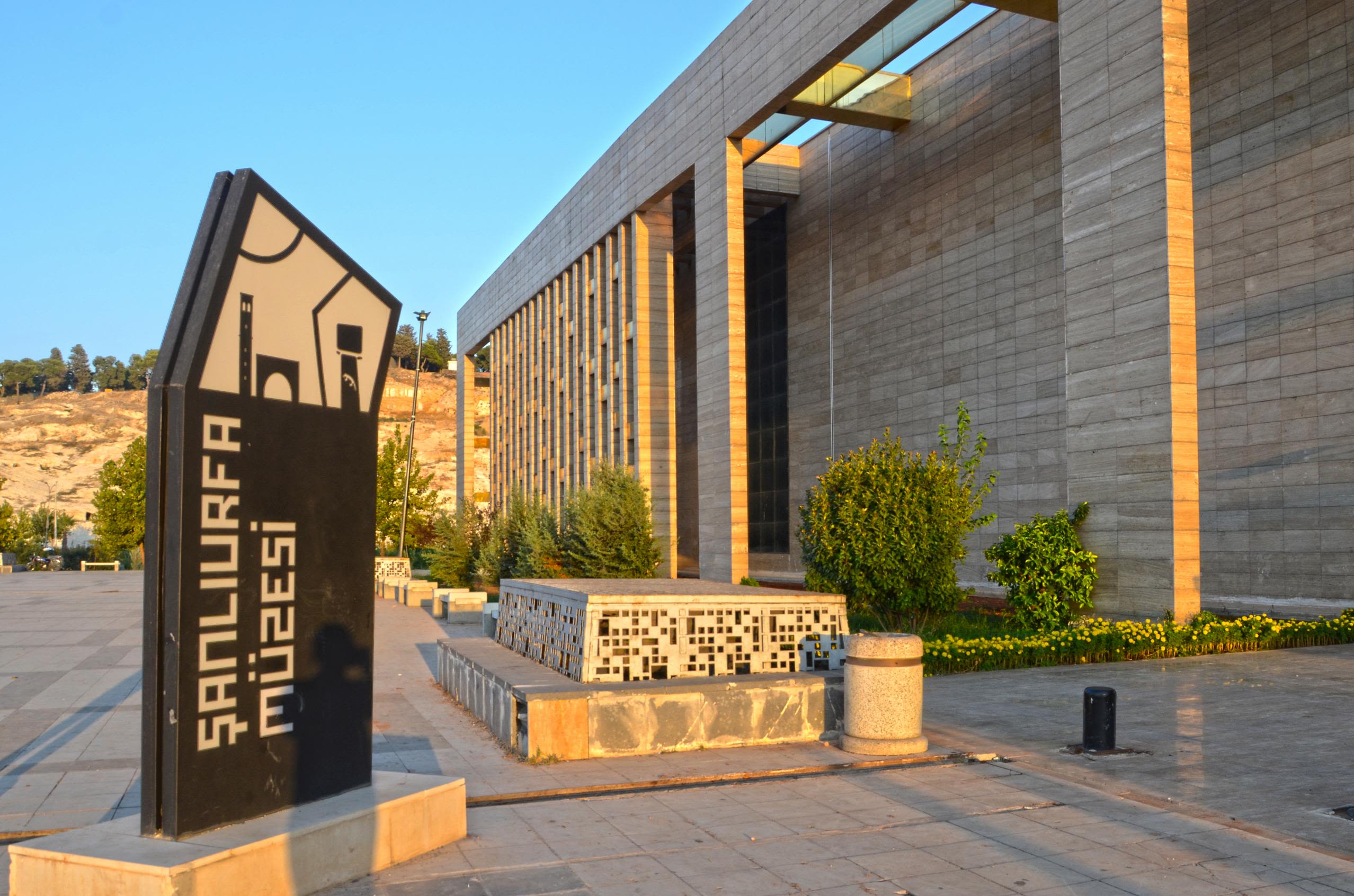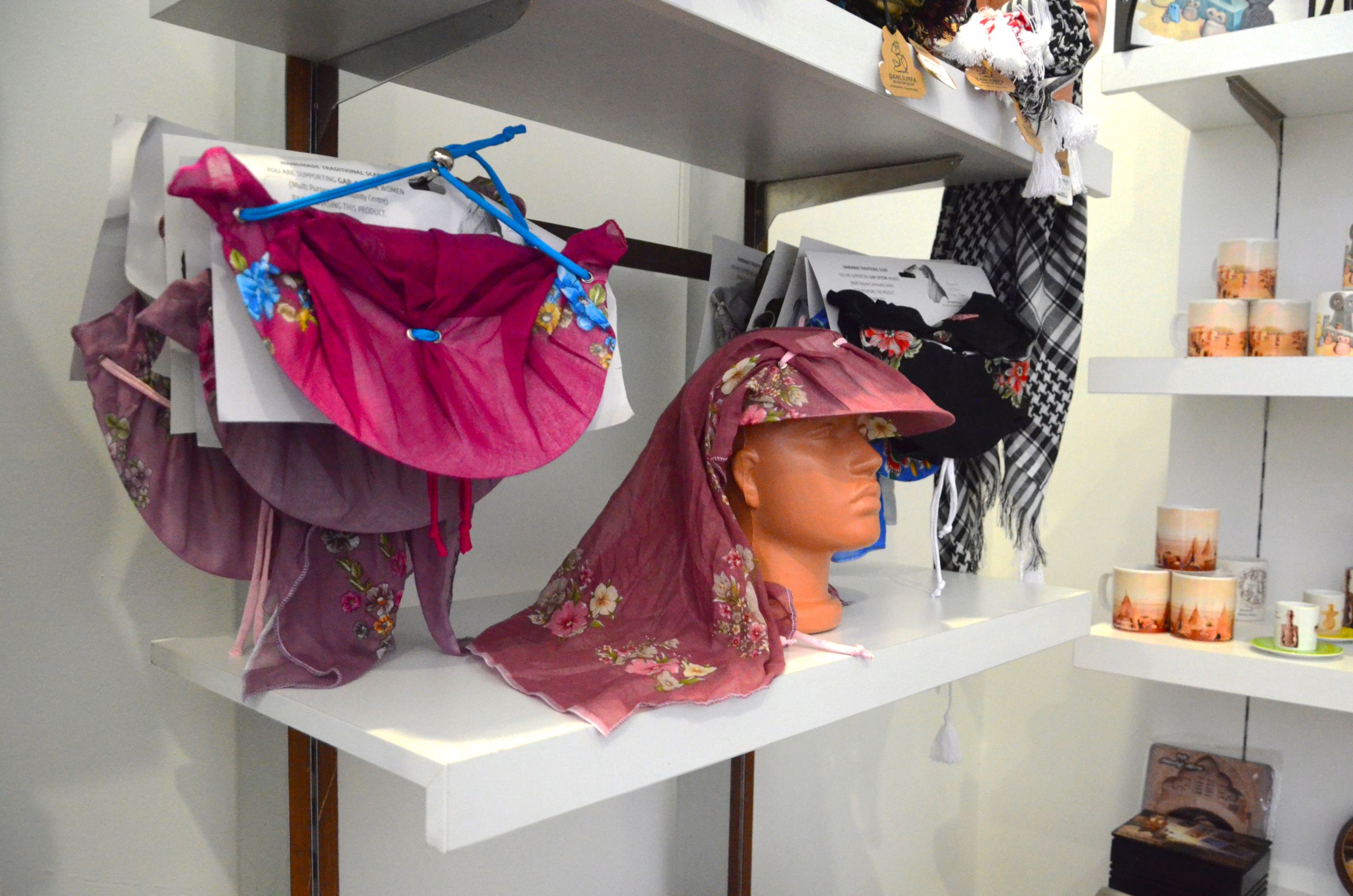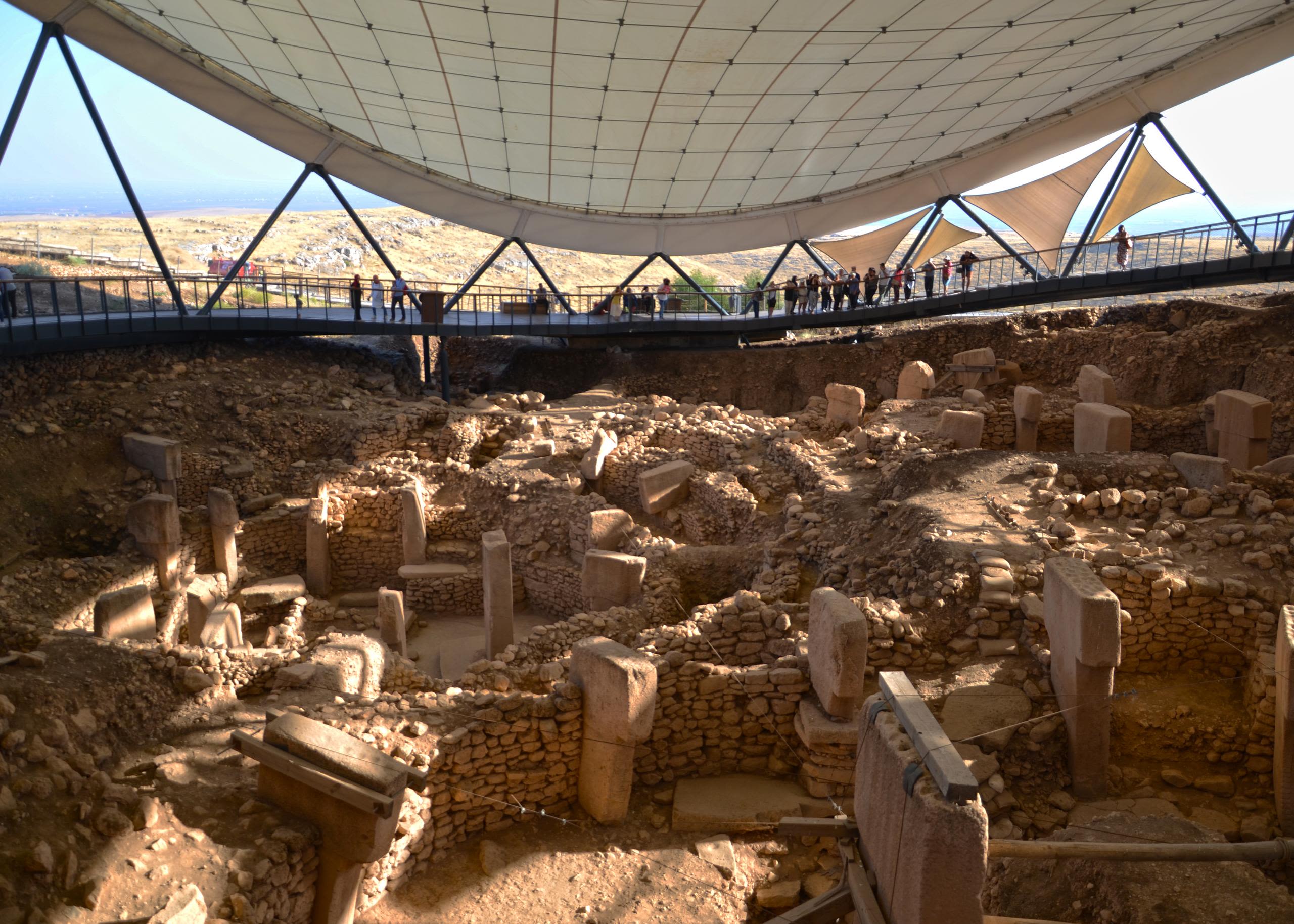Improving Working Conditions for Farm-Workers in Şanlıurfa

Amid the heat of summer in the Turkish province of Şanlıurfa, Southeast Anatolia, the cotton season is in full swing, with thousands of temporary farm-workers — sometimes entire families — spending long hours working in the fields. While 80% of Turkish cotton is machine harvested, the work throughout the season can still be physically demanding for these workers, some of whom have escaped the conflict in Syria. Temperatures regularly reach 40°C at this time of year, and with little respite from the sun, the work can be exhausting.
But their difficulties don’t end there.
Many temporary and seasonal workers who work in the fields during the cotton season are offered no employment contract, making them vulnerable to labour issues (like being paid below the national minimum wage, for example).
Farm-workers carrying out irrigation work.
Farm-workers carrying out irrigation work.
In Turkey, the Better Cotton Initiative works closely with its strategic partner, İyi Pamuk Uygulamaları Derneği — The Good Cotton Practices Association — (IPUD), to improve agricultural practices and working conditions for cotton farming communities across Turkey, while protecting and restoring the surrounding environment.
In 2017, IPUD partnered with the Fair Labor Association and seven global brands — all Better Cotton Members, including household names such as adidas, IKEA and Nike— to raise working conditions in Şanlıurfa, where 40% of Turkey’s cotton is grown and workers are considered to be particularly at risk. Together, they set out to help improve workers’ lives, address social issues (like child labour, for example), protect their rights and achieve greater job security.
Known as ‘Toward Decent Working Conditions in Cotton Farms in Şanlıurfa’, the project focused on ten farms in the province, owned by licensed Better Cotton Farmers, employing around 189 (96 men and 93 women) permanent and temporary workers, some of whom are seasonal migrant worker families (including Syrian refugees). The project also sought to establish a dialogue with policymakers and other stakeholders.
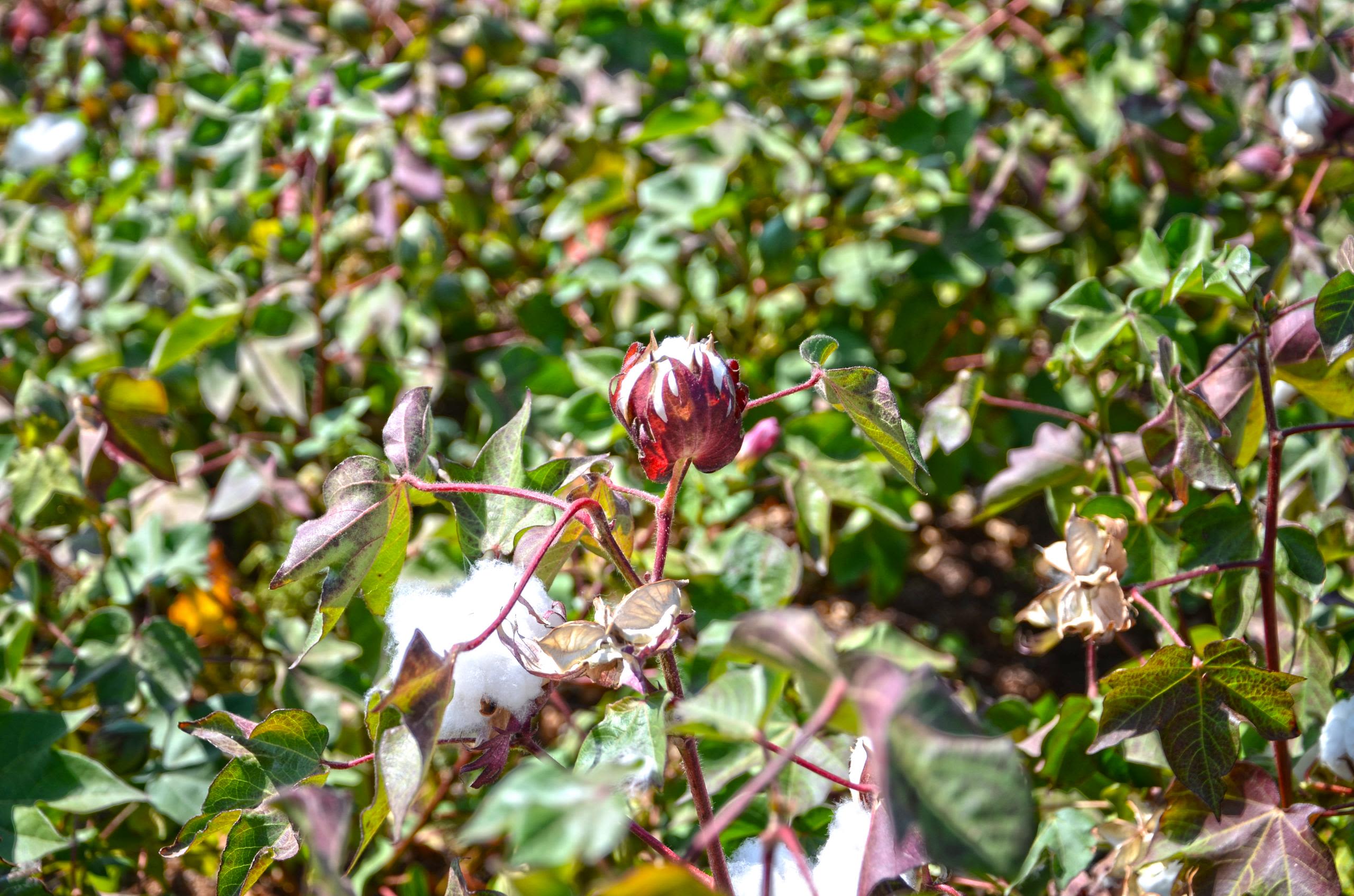
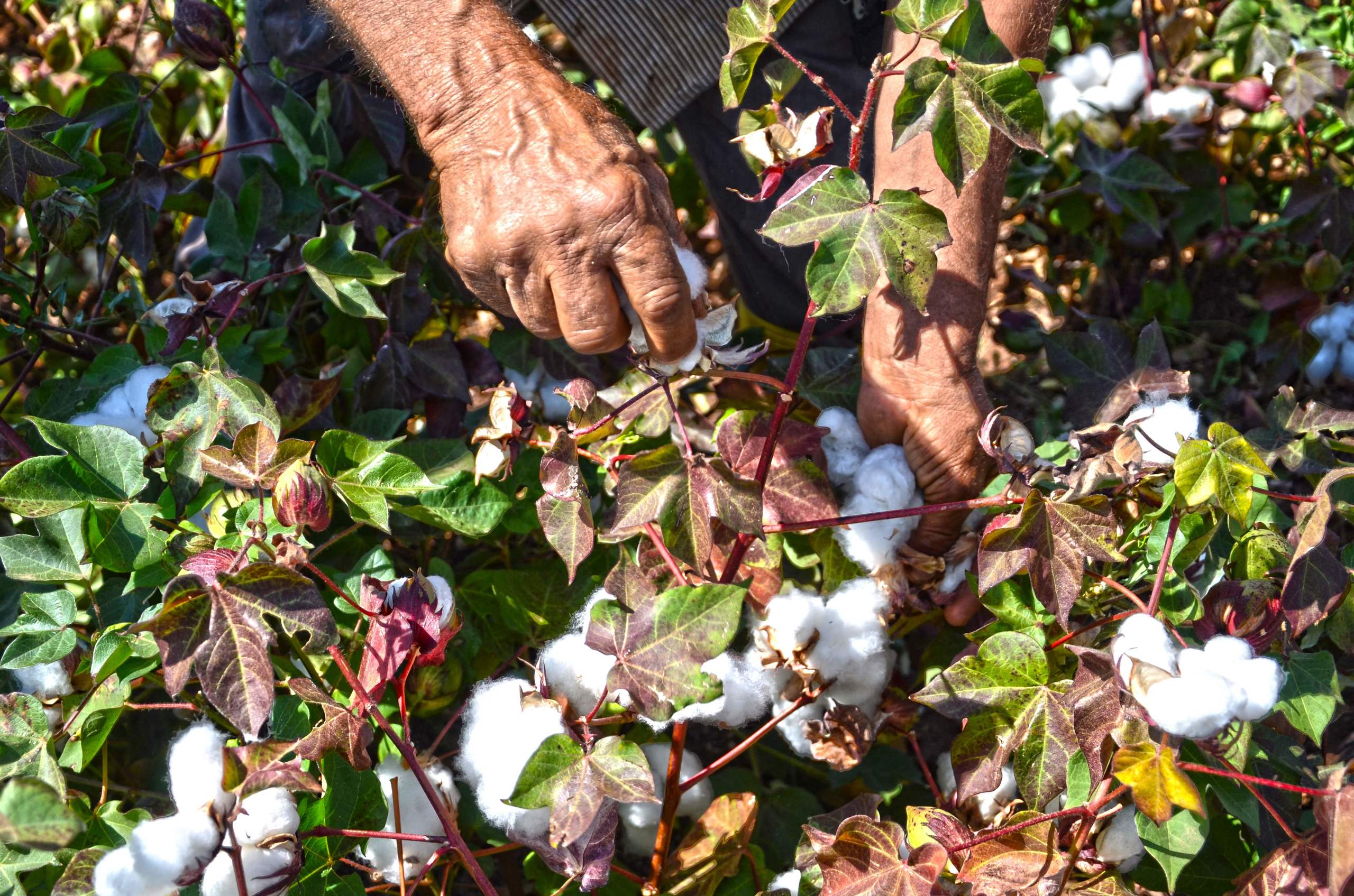
At the beginning of the project in Şanlıurfa, the project partners interviewed nearly 400 workers to understand their daily challenges and needs. As a result of the interviews, it was identified that many workers had no formal contracts. Furthermore, some workers claimed excessive working hours and payment below the national minimum wage. Most concerning of all, some households even reported that their income was barely enough to ensure their families’ survival.
To help transform workers’ lives through improving working conditions, IPUD and the Fair Labor Association began by delivering training modules to Better Cotton Farmers and labour contractors (many farm-workers are employed through contractors) who learnt about the importance of good practices such as employment contracts, fair wages and efficient record-keeping. Farm-workers, too, attended training sessions, where they learnt about their rights to fair treatment and decent working conditions, as well as many important health and safety topics. There was also a key focus on sun protection, with workers learning to make sunhats. Furthermore, portable umbrellas and tents were provided to the participating farms, offering some much-needed shade from the searing summer heat for the farm-workers.
IPUD 'Producer Unit' Manager, Murat Bucak, training farm-workers.
IPUD 'Producer Unit' Manager, Murat Bucak, training farm-workers.
Building on the first two years, in 2020 and beyond, some of the brand partners will take the lessons learnt from the project so far, improving and expanding on the work to date, as well as improving collaboration with local authorities and initiatives in Şanlıurfa. Ultimately, they aim to empower Better Cotton Farmers to act as ‘decent work champions’, sharing their knowledge with farmers throughout the province.
Below we share stories about the positive changes a Better Cotton Farmer, a permanent farm-worker and a labour contractor are making as a result of their participation in the project.

How a Better Cotton Farmer Learnt to Improve Working Conditions on His Farm and Protect Vulnerable Workers
Mustafa Bülbül's Story
Better Cotton Farmer Mustafa Bülbül has operated his family cotton farm in Şanlıurfa since 2005, becoming a licensed Better Cotton Farmer in 2015. During the cotton season, he employs around 400 seasonal farm-workers for up to six months. As a Better Cotton Farmer, he is committed to continuously improving his social and environmental agricultural practices, and he knows that sustainable farming is the right thing to do – for people, the environment and for business.
“Becoming a trusted cotton farmer to the global apparel and textile industry means providing decent working conditions for workers and ensuring there are never under-age workers on my farm. Joining the project gave me an opportunity to further improve employment practices on my farm and protect vulnerable workers, which will also strengthen my reputation.”
In rural communities, child labour can sometimes be a deeply engrained issue. Trapped in poverty, with a low level of education and limited access to regular, high quality work, some families often see no choice but for their children to work in the fields. Finding a lasting resolution is not simply a challenge for Şanlıurfa’s cotton community – it’s a question of shifting mindsets and encouraging cultural change, with businesses and governments working together to protect the most vulnerable.
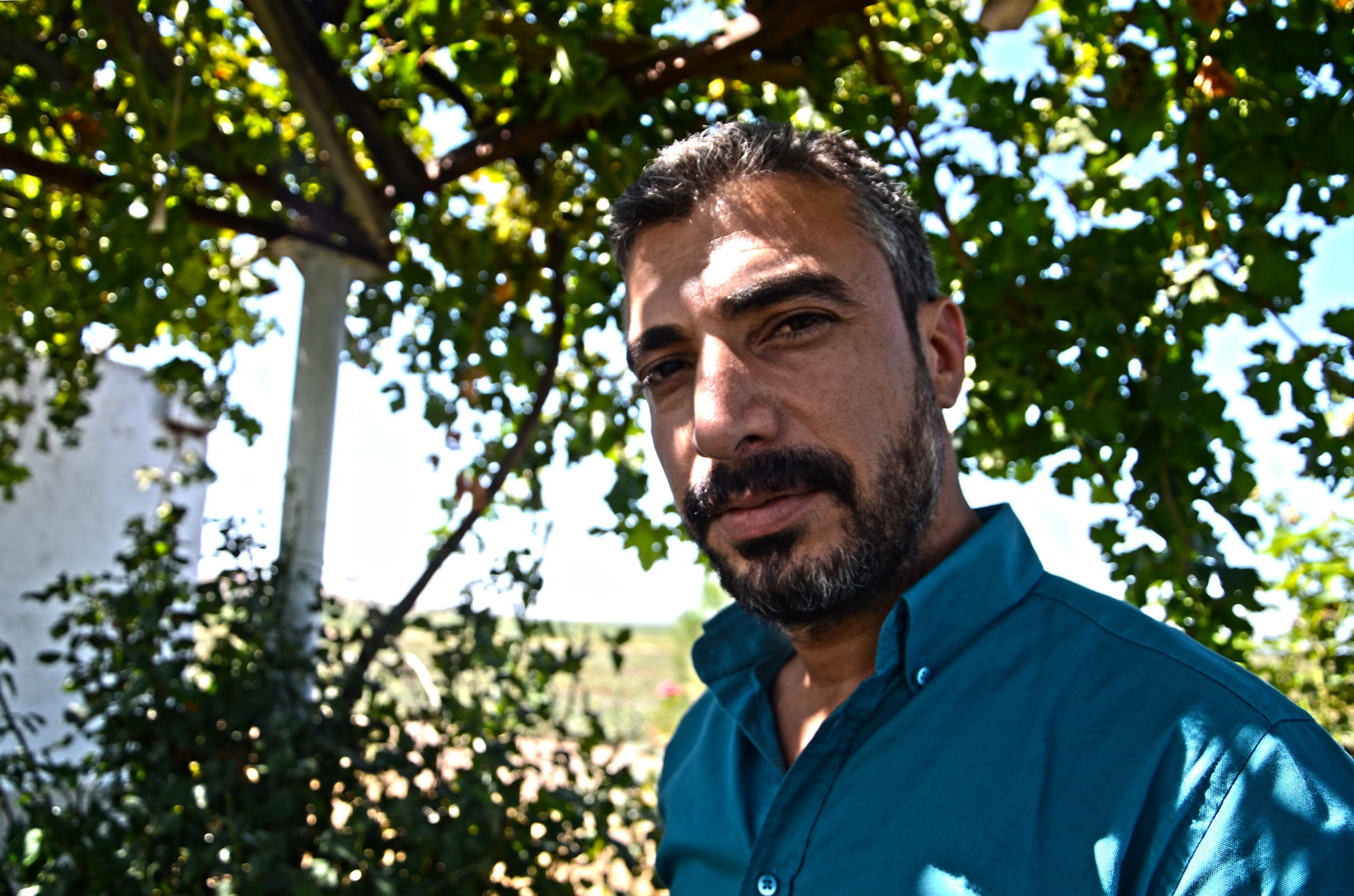
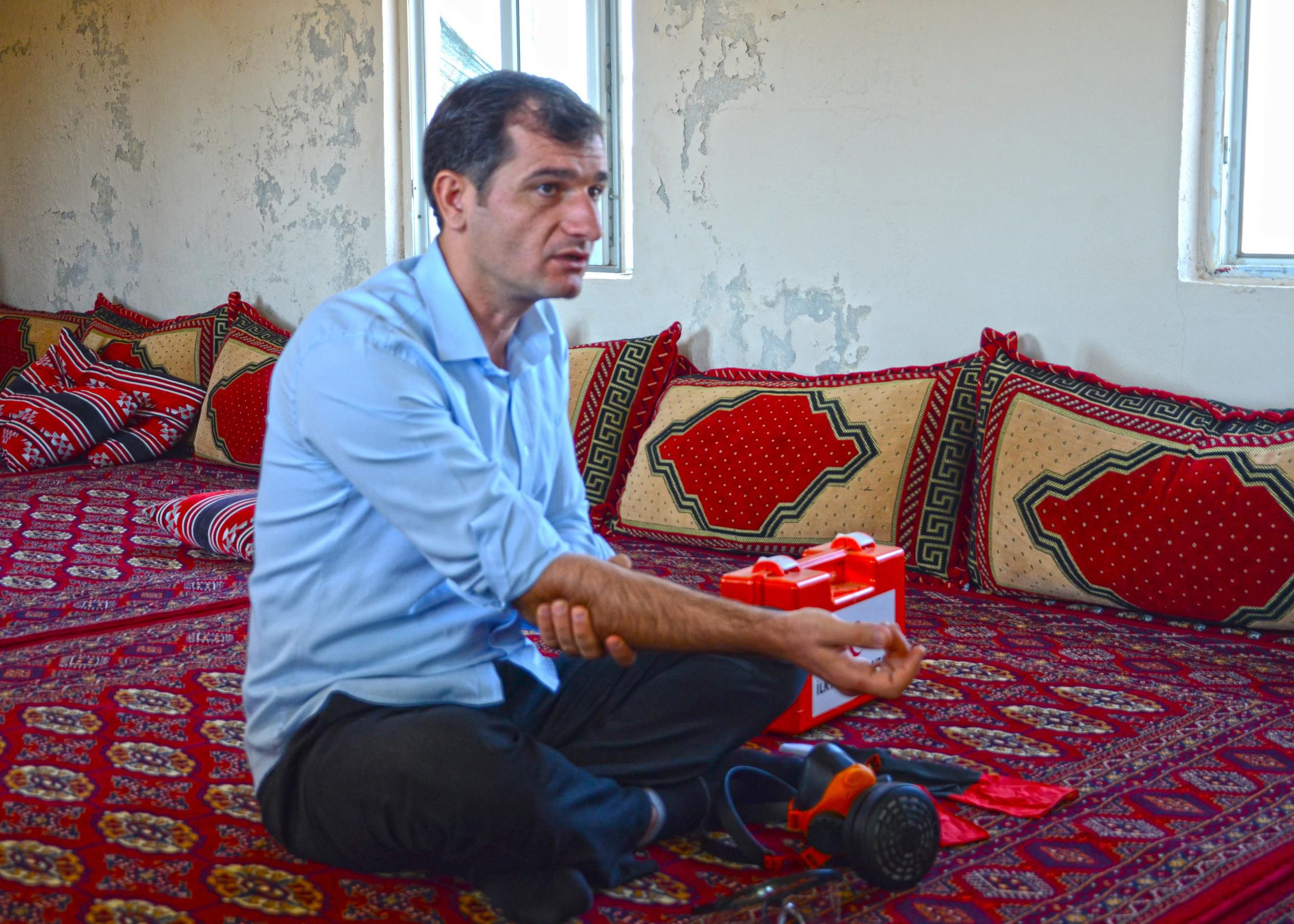
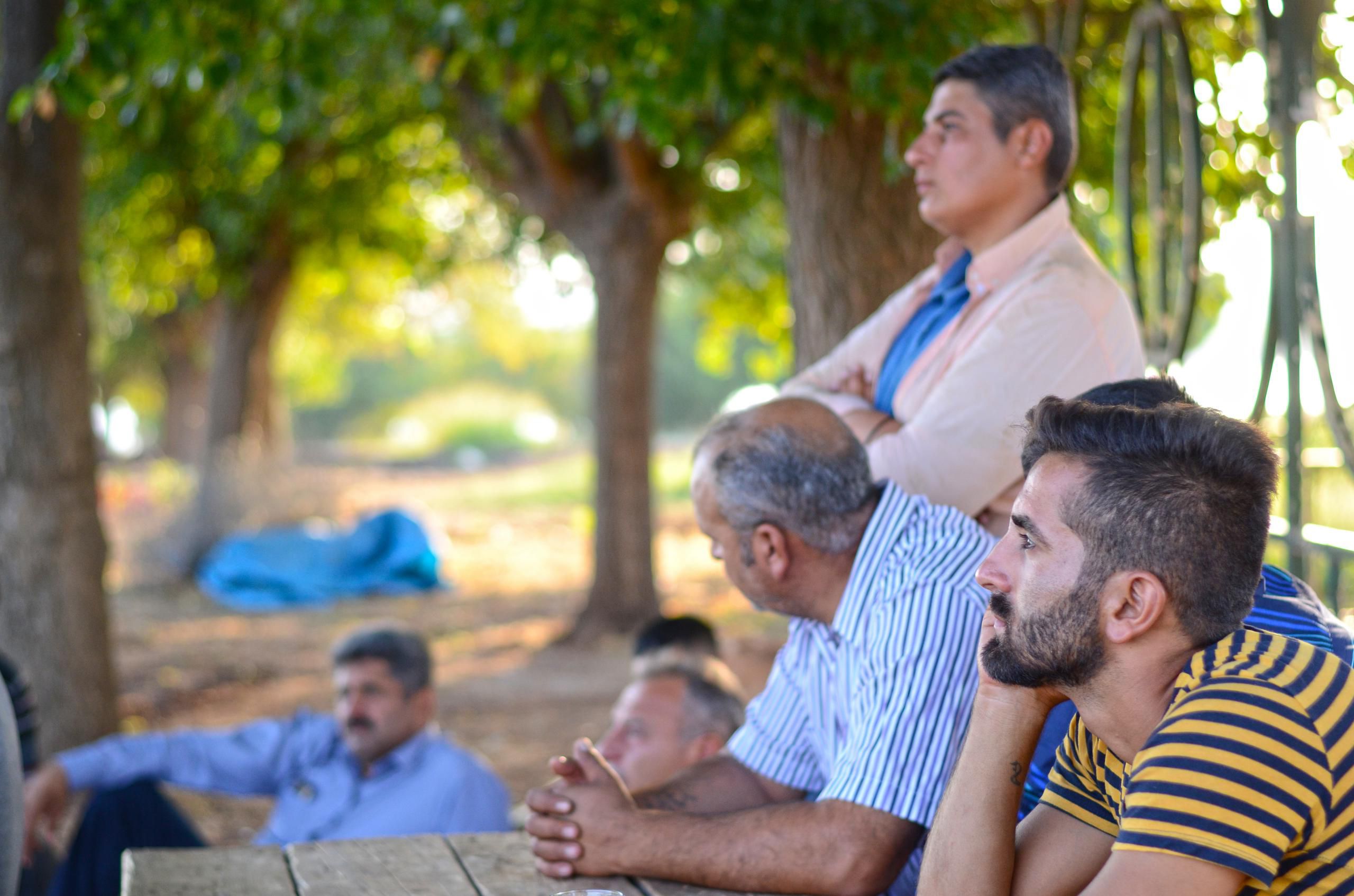
“Preventing child labour is a priority. In the past, families in our region have not traditionally considered child labour to be a problem, but through the [‘Toward Decent Working Conditions in Cotton Farms in Şanlıurfa’] project, we’ve learnt how important it is to address social issues in Şanlıurfa. We require our labour contractors to ensure the workers are not below the legal minimum age [16], and we deliver training to seasonal migrant workers so they know they can’t bring their children to work with them.”
Mustafa attended all of the project training sessions, together with both his permanent and temporary workers. Among the topics that influenced his thinking the most, he learnt about fair, equal pay and the importance of employment contracts for all workers, as well as best practice in keeping workers safe in the fields. For example, he undertook health and safety training, and now holds a certification to deliver first aid treatment to workers himself. He has also received first aid kits and umbrellas and tents to enable workers to shelter from the sun in the searing heat of the day.
Importantly, Mustafa now ensures that all of his farm-workers have contracts, stating wages and expected working conditions. He also ensures that all workers receive equal pay for equal work.
“Since the training, we now pay everyone — men and women, Syrian refugees — the same amount for the same job. There’s no discrimination.”
How a Farm-Worker Learnt to Improve Health and Safety on Cotton Farms
Mehmet Emin Barış' Story

As a supervisor on Better Cotton Farmer Mustafa Bülbül’s cotton farm, Mehmet Emin Barış is involved with everything from sowing seeds to irrigation, weeding and harvesting. His wife Gülizar and two of his eight children – a daughter aged 20 and a son aged 25 – are also employed on the farm. Mehmet has been working on the farm for 12 years and confirms that working amid the baking heat of summer can be exhausting for farm workers. When he heard about the ‘Toward Decent Working Conditions in Cotton Farms in Şanlıurfa’ project, and the health and safety training on offer, he and his wife were certain that taking part was the right thing to do.
“I encouraged all the farm-workers on our farm to attend the training sessions on health and safety. It’s really important that we understand our rights as workers, the working conditions that we should expect and how to stay safe on the farm.”
Through their health and safety training, the workers learnt about safe pesticide handling, fire safety and maternal health. They also took part in a first aid course accredited by the Ministry of Health First Aid Certification Programme. This will enable permanent workers to administer first aid on site, rather than transporting wounded workers to the nearest town. Importantly, the farm has now been equipped with a first aid box and a fire extinguisher.
“We also learnt which emergency services we can call if workers sustain an injury in the fields and how to contact them."
Gülizar Barış — Mehmet Emin Barış' wife — who also works on Better Cotton Farmer Mustafa Bülbül’s cotton farm.
Gülizar Barış — Mehmet Emin Barış' wife — who also works on Better Cotton Farmer Mustafa Bülbül’s cotton farm.
Rukiye Barış — 20-year-old daughter of permanent farm workers Gülizar Barış and Mehmet Emin Barış — who also works on Better Cotton Farmer Mustafa Bülbül’s cotton farm.
Rukiye Barış — 20-year-old daughter of permanent farm workers Gülizar Barış and Mehmet Emin Barış — who also works on Better Cotton Farmer Mustafa Bülbül’s cotton farm.
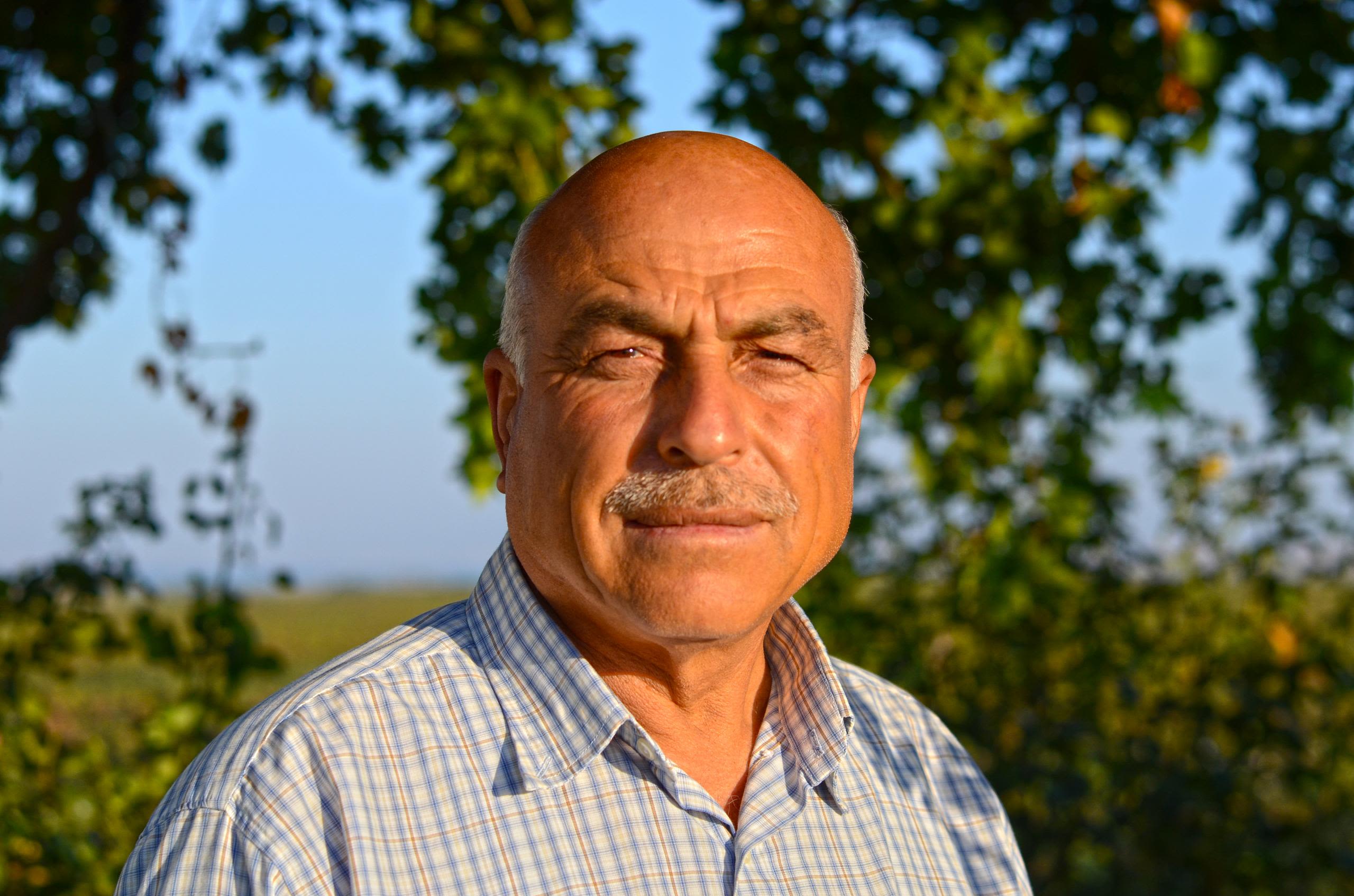
In addition, Mehmet and his wife both participated in a hat-making initiative established by IPUD and the Fair Labor Association, where they learnt to make sun hats to shield them from the intense sun. The hat design was based on traditional headscarves worn by women in the region, and each hat includes a large visor to protect workers’ faces.
The sun hats can be made with affordable, locally available materials and are straightforward to assemble, not requiring any sewing. Through the programme, Mehmet and his wife helped to make hats for 300 workers on Mustafa’s farm. Other farms involved in the project successfully completed this training, too, and all participants received tools and supplies to produce the hats on an ongoing basis.
Permanent farm-worker, Mehmet Kiliç, wearing one of the sun hats.
Permanent farm-worker, Mehmet Kiliç, wearing one of the sun hats.
“Making the sun hats gave us an opportunity to be involved in improving our own working conditions. Learning a new skill is important for cotton farming families, as it could provide another source of income outside of the cotton growing season.”
Mehmet and the other farm-workers are also relieved to have the umbrellas and lightweight tents provided by IPUD and the project partners, enabling them to shelter from the searing sun during their breaks and renew their energy before returning to the cotton fields.
“Thanks to the [Toward Decent Working Conditions in Cotton Farms in Şanlıurfa] project, working conditions have changed. Workers are definitely more aware of their rights, and they believe they deserve decent working conditions. I’m proud to be playing my part in this too - I’m now in charge of helping workers to stay safe by handling pesticides and fertilisers safely and wearing personal protective equipment.”
A Labour Contractor Stops Employing Children to Work on Farms in Turkey
Mehmet Kahraman's Story

When Mehmet Kahraman began working as a labour contractor (someone who finds farm-workers employment) ten years ago in Şanlıurfa, he simply followed the traditional practice of charging workers 10% of their wages to earn his living. He was unaware of Turkey’s 2010 law banning this practice, requiring labour contractors to register with the country’s Employment Agency while providing lists of workers they hire.
“Before the [‘Toward Decent Working Conditions in Cotton Farms in Şanlıurfa’] project, I was not aware of the need to register workers.”
The 33-year-old provides temporary workers, including seasonal migrant workers, with employment on around 30 cotton farms (as well as on other farms, like almond, sour cherry, lentil, chickpea and corn farms) in Şanlıurfa. Although there are government efforts in place, seasonal migrant workers — including Syrian refugees — may struggle with poverty, living an unstable, precarious existence in Turkey, often without a permanent home. Some migrant workers decline to apply for the work permit exemption they need to work in seasonal farming because they are afraid of losing access to humanitarian aid. So, they risk becoming ‘unofficial’ workers, making it harder to scrutinise their working and employment conditions.
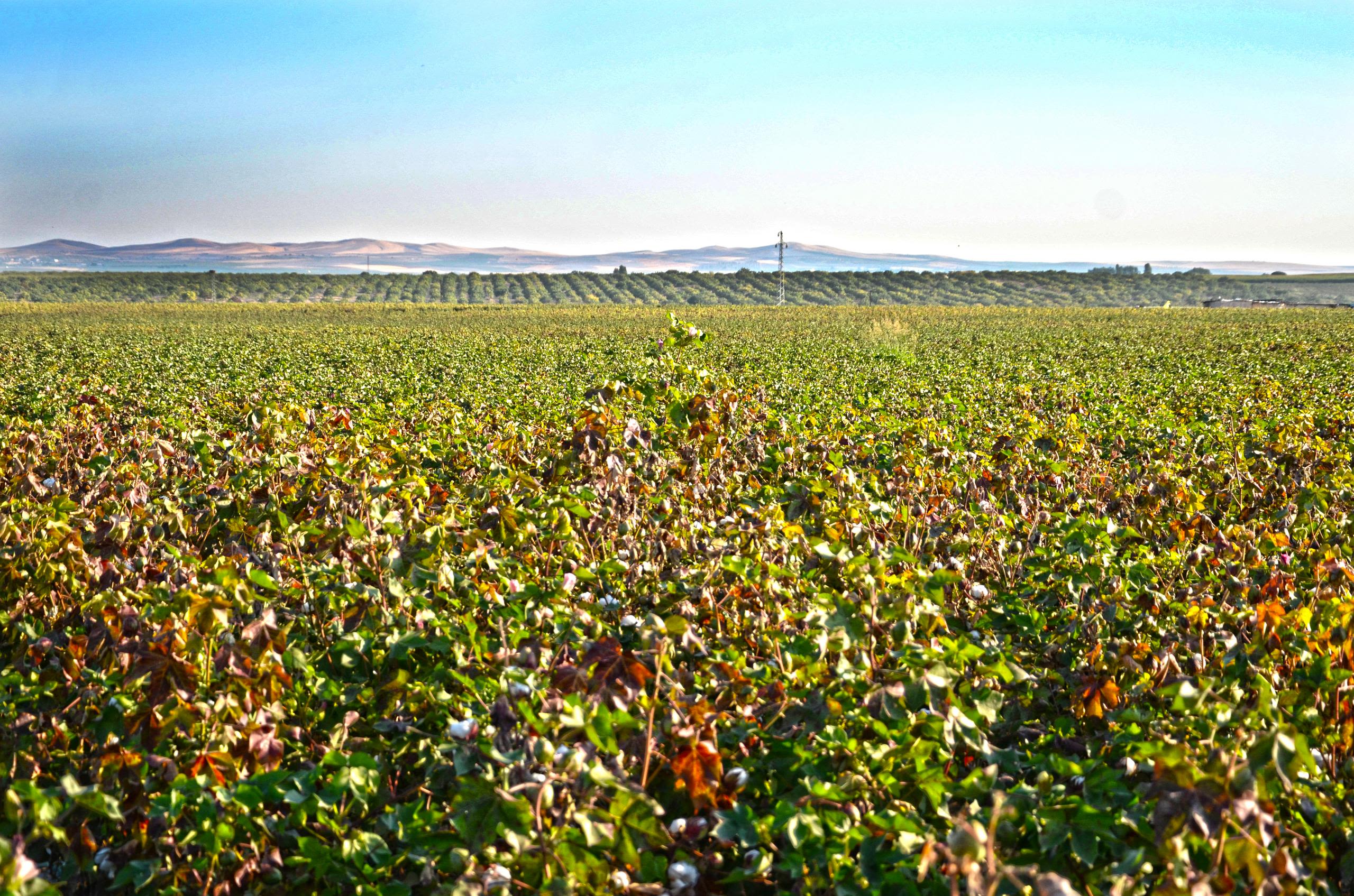
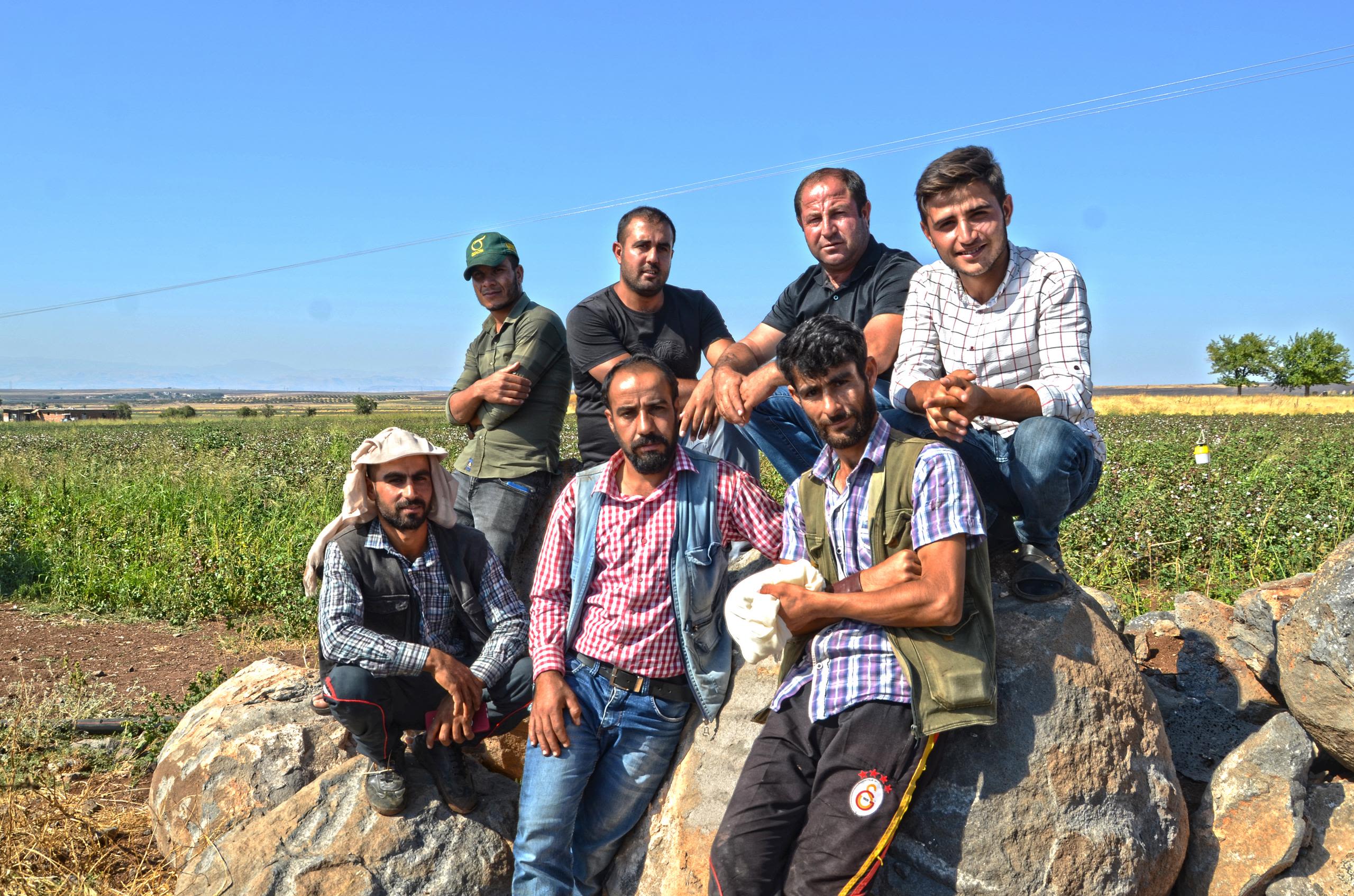
Many temporary workers bring their entire families to work so that they can all contribute to the family income. Sometimes workers bring children under the legal age with them to work because they don’t have any other place to leave their children while they are at work. IPUD and the Fair Labor Association recommend that farmers provide child-friendly spaces on farms and use publicly available child protection services to prevent child labour among seasonal migrant worker families. Improving childcare services in Şanlıurfa will also be vital in preventing parents (many of whom have no choice) from bringing their children to work with them.
While Mehmet has never been comfortable with workers bringing their children along to work on farms, in the past, he has also hired the workers’ children. But in recent years, he has completely transformed the way he works, and treating workers fairly is resulting in greater productivity, happier workers and new business opportunities for Mehmet’s family company.
With help from the project team, Mehmet was able to register successfully and provide lists of his workers. He then began charging farm owners a fee for his services, without deducting a share of the workers’ wages. In addition to providing and supervising workers during the cotton season, farm owners also hire him to provide safe drinking water and transportation to and from the fields for the workers.
And there have been other changes, too. As a result of registering, he can only employ workers who are themselves registered with the employment agency. Now, he can give them an employment contract – and greater job security.
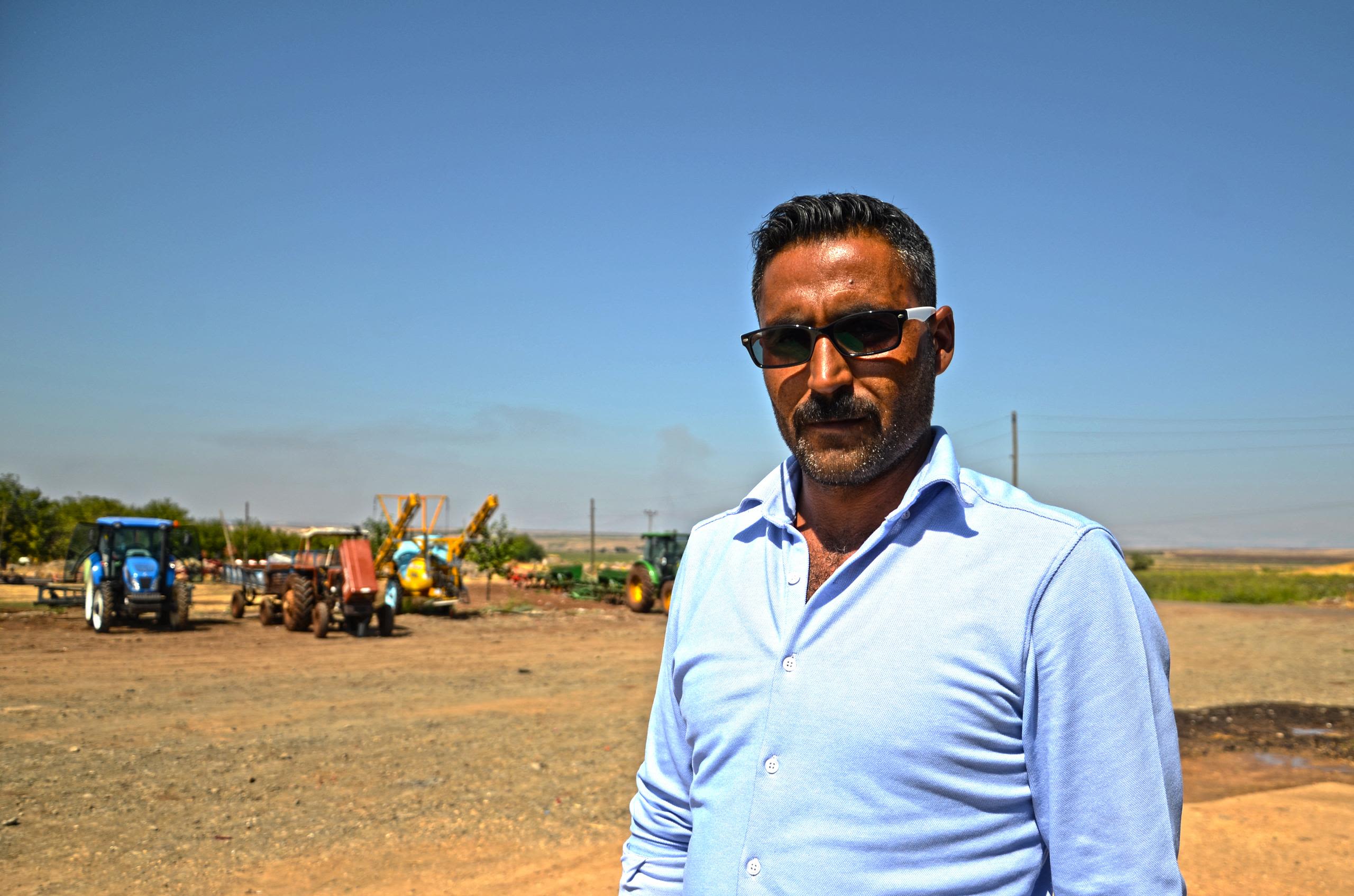
“The workers now know their rights. They sign an employment agreement with me directly, and they all receive equal wages. Before I was registered, the workers did not have contracts.”
Importantly, he has stopped hiring workers’ children altogether.
“In the past, I had 300-400 workers [per season] coming to me for work. Now, I do not allow any children, so I only hire about 200 workers [per season].”
With his pool of workers halving from one season to the next, Mehmet’s business initially suffered a knock. But preventing children from working on farms was the right thing to do, and he fully acknowledges the benefits it has brought to both workers and his business.
“My mind is free from the burden of hiring children. There is less injury and illness, and I have healthier, more productive workers. And now that I’m a registered labour contractor, I’ve also won a significant contract with a major beverage company with strict requirements on human rights, fair pay and decent working conditions.”
However, although Mehmet and many of his fellow labour contractors in the local area have made progress, some contractors in Şanlıurfa still follow the traditional practices of deducting a share of workers’ wages and employing children. It may take years to convince them to change their ways but, as the IPUD-Fair Labor Association project expands its reach, there will be a strong focus on raising awareness with the goal to prevent children working on farms in the entire region.
The Sun Hat-Making Initiative

The sun hat design prototype — based on traditional headscarves worn by farm-workers in the region — was produced by a local handicrafter who, in turn, taught women at a multi-purpose community centre, GAP ÇATOM, in Şanlıurfa how to make them. ÇATOM promotes equal opportunities by empowering women through entrepreneurship and employment.
The initial 300 sun hats — that Mehmet Emin Barış and his wife, Gülizar, helped to make for workers on Better Cotton Farmer Mustafa Bülbül’s farm — were made by women at ÇATOM.
“It was very enjoyable making the sun hats,” explains Selda İriadam, one of the hat-makers. “Also, we were very happy to make sun hats for agricultural workers in our region, knowing that the hats will protect them from the sun and make their day more enjoyable.”
Farm-workers wearing the sun hats.
Farm-workers wearing the sun hats.
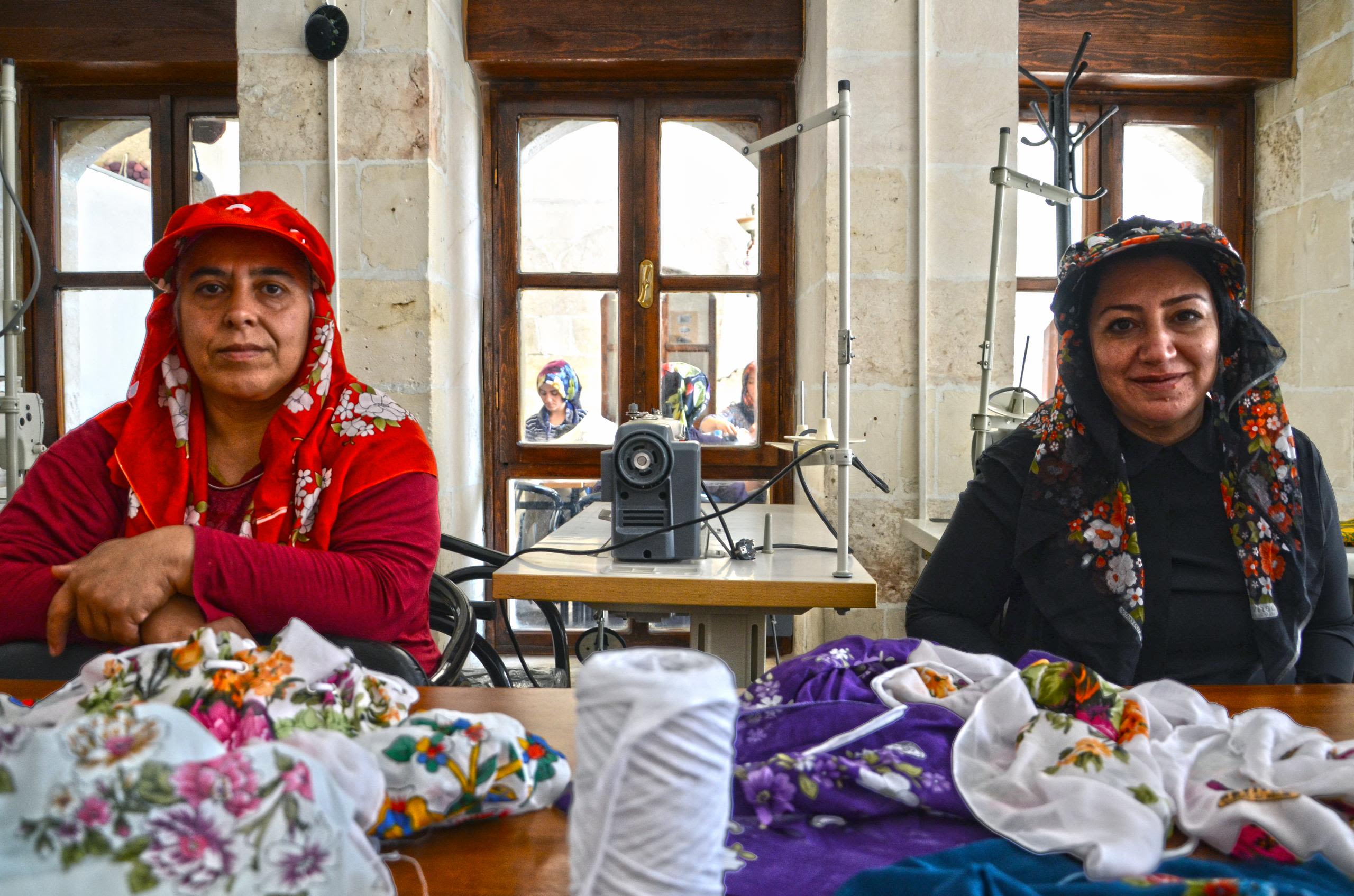
Selda has been participating in programmes at ÇATOM for five years, and she normally attends the centre five days a week.
“Before I began visiting ÇATOM, I suffered obesity and lacked confidence. But, with support from ÇATOM, I became healthier and more social. I felt like I discovered the world! Additionally, my income has increased though skill development programmes at ÇATOM.”
After the sun hats for the farm-workers were made, Selda, along with four other women at ÇATOM, recognised that their new hat-making skill could generate an additional income stream. Today, the hats can be found in shops within Sanliurfa’s main tourist attractions — the Şanlıurfa Museum and Neolithic archaeological ruins, Göbeklitepe — and further afield in the Aegean region, Muğla. So far, 1000 sun hats have been sold to tourist shops, generating 7,000 Turkish Lira (approximately 800 Euro) for Selda İriadam and the other hat-makers at GAP ÇATOM.
